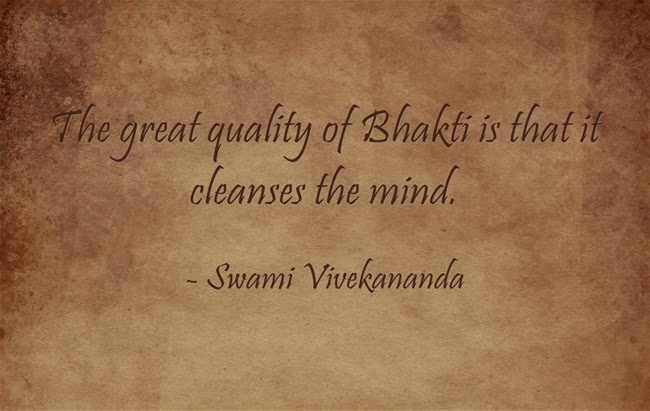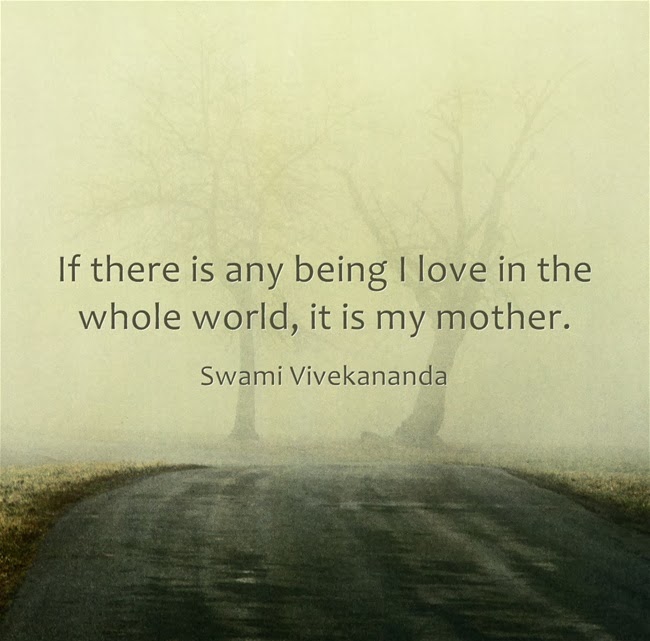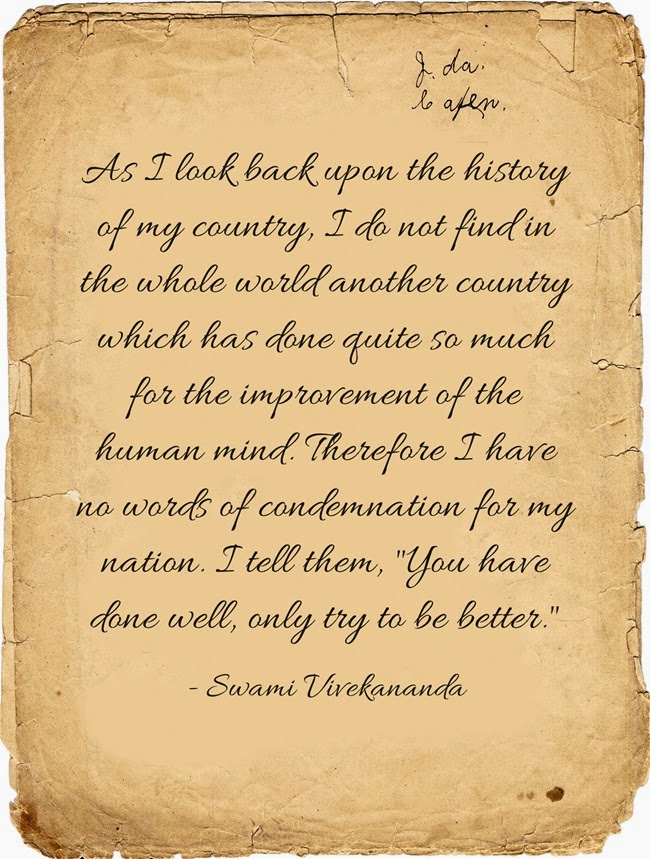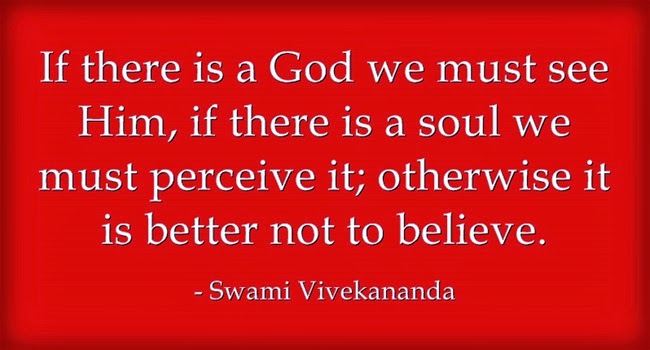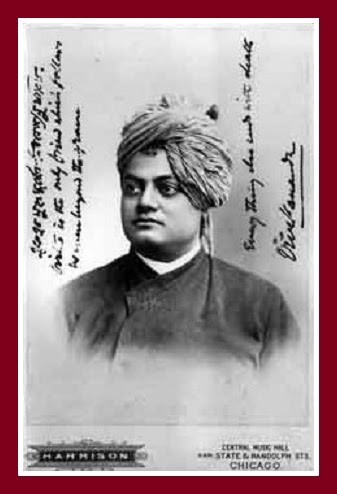Charvaka (Cārvāka, Carvaka, or Chârvâka, Devanagari: चार्वाक, Bengali: চার্বাক) or Lokayata (Devanagari: लोकायत, Bengali: লোকায়ত) is a school of Indian philosophy that rejects all concepts of heaven and hell, karma, moksha. Carvakas are considered atheist and materialistic.
In this article you'll find Swam Vivekananda's quotations on Charvaka or Lokayata.
Swami Vivekananda on Charvaka or Lokayata
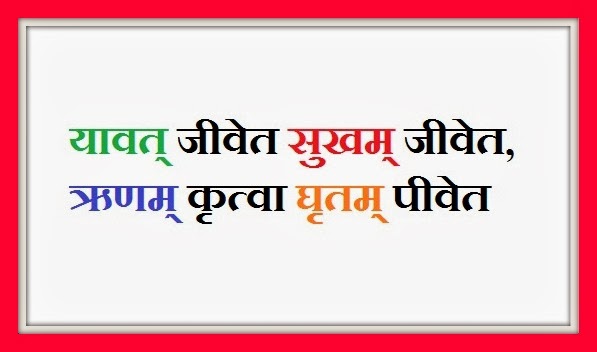 |
| They denied inferential knowledge accepting only perception by the senses
—Swami Vivekananda
Image source: Original |
- Chârvâkas, a very ancient sect in India, were rank materialists. They have died out now, and most of their books are lost. They claimed that the soul, being the product of the body and its forces, died with it; that there was no proof of its further existence. They denied inferential knowledge accepting only perception by the senses.[Source]
- In every country and every human breast there is a natural desire to find a stable equilibrium — something that does not change. We cannot find it in nature, for all the universe is nothing but an infinite mass of changes. But to infer from that that nothing unchanging exists is to fall into the error of the Southern school of Buddhists and the Chârvâkas, which latter believe that all is matter and nothing mind, that all religion is a cheat, and morality and goodness, useless superstitions.[Source]
- The books of Veda have two parts; the first, Cura makanda [Karma Kanda], contains the sacrificial portion, while the second part, the Vedanta, denounces sacrifices, teaching charity and love, but not death. Each sect took up what portion it liked. The charvaka, or materialist, basing his doctrine on the first part, believed that all was matter and that there is neither a heaven nor a hell, neither a soul nor a God.[Source]
- The Hindu drank in with his mother's milk that this life is as nothing — a dream! In this he is at one with the Westerners; but the Westerner sees no further and his conclusion is that of the Chârvâka — to "make hay while the sun shines". "This world being a miserable hole, let us enjoy to the utmost what morsels of pleasure are left to us." To the Hindu, on the other hand, God and soul are the only realities, infinitely more real than this world, and he is therefore ever ready to let this go for the other.[Source]
- There were the Chârvâkas, who preached horrible things, the most rank, undisguised materialism, such as in the nineteenth century they dare not openly preach. These Charvakas were allowed to preach from temple to temple, and city to city, that religion was all nonsense, that it was priestcraft, that the Vedas were the words and writings of fools, rogues, and demons, and that there was neither God nor an eternal soul. If there was a soul, why did it not come back after death drawn by the love of wife and child. Their idea was that if there was a soul it must still love after death, and want good things to eat and nice dress. Yet no one hurt these Charvakas.[Source]
See also
This page was last updated on: 10 May 2014, 8:52 am IST (UTC+5:30 hours)
Number of revisions in this page: 2
























